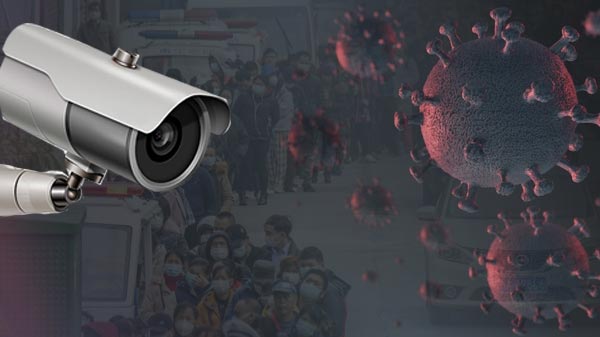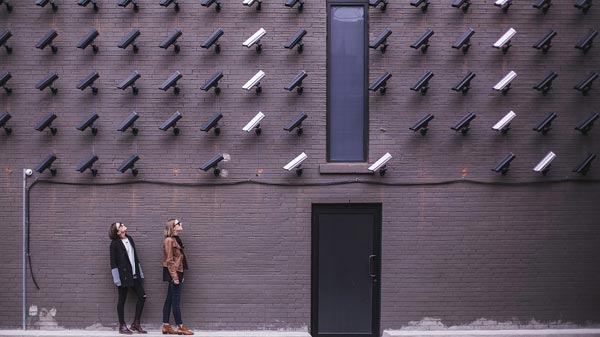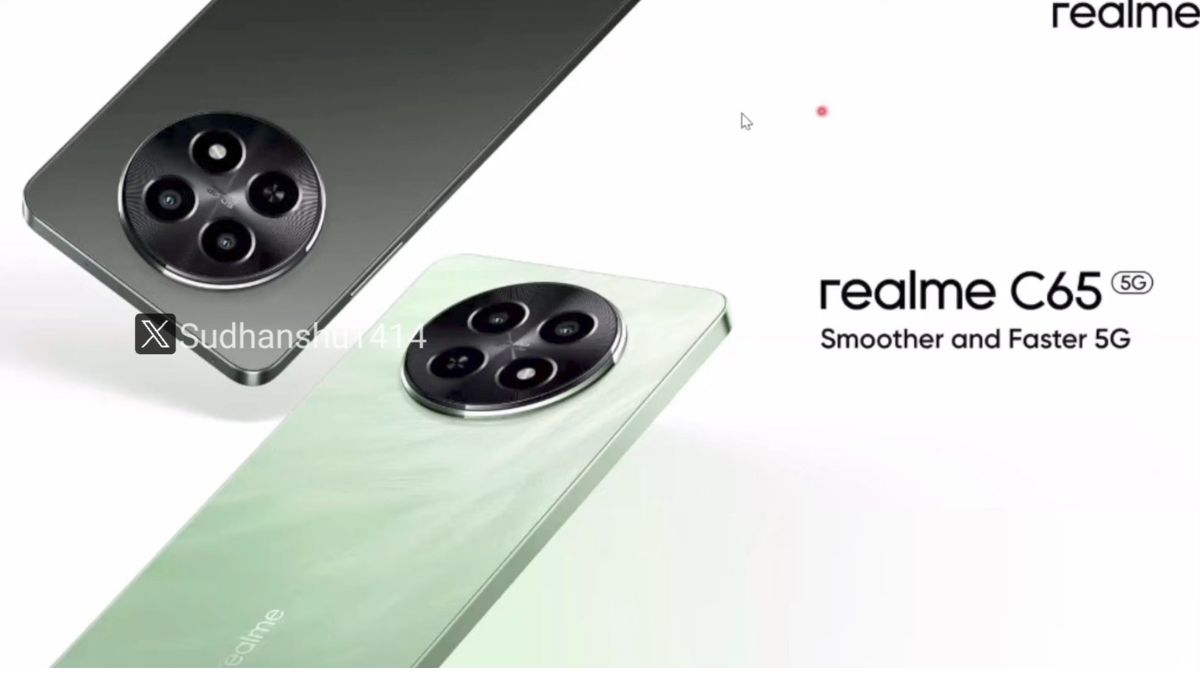Just In
- 7 hrs ago

- 7 hrs ago

- 9 hrs ago

- 9 hrs ago

Don't Miss
- Movies
 Make A Statement Like Dia Mirza In A Beige Silk Organza Saree This Summer, Here's Where You Can Get The Piece
Make A Statement Like Dia Mirza In A Beige Silk Organza Saree This Summer, Here's Where You Can Get The Piece - Sports
 Highest Powerplay Score In IPL: Sunrisers Hyderabad Pummell Delhi Capitals to Post Highest T20 Score In First 6 Overs
Highest Powerplay Score In IPL: Sunrisers Hyderabad Pummell Delhi Capitals to Post Highest T20 Score In First 6 Overs - Finance
 18K, 22K, 24K Gold Prices India Get Cheaper: Yellow Metal Prices Fall On Weekend
18K, 22K, 24K Gold Prices India Get Cheaper: Yellow Metal Prices Fall On Weekend - Education
 UP Board Result 2024: 82% of Jail Inmates Passed the Class 12 and 97% of the Class 10
UP Board Result 2024: 82% of Jail Inmates Passed the Class 12 and 97% of the Class 10 - News
 Bengaluru Water Crisis: PM Modi Slams Karnataka Congress, Says Mismanagement Turned Tech City To Tanker City
Bengaluru Water Crisis: PM Modi Slams Karnataka Congress, Says Mismanagement Turned Tech City To Tanker City - Automobiles
 Tata Altroz Records a 55% Sales Growth in March 2024
Tata Altroz Records a 55% Sales Growth in March 2024 - Lifestyle
 Alia Bhatt Dons Classic Pantsuit For Time Magazine Cover, Bookmark Her Power Dressing Looks!
Alia Bhatt Dons Classic Pantsuit For Time Magazine Cover, Bookmark Her Power Dressing Looks! - Travel
 Journey From Delhi To Ooty: Top Transport Options And Attractions
Journey From Delhi To Ooty: Top Transport Options And Attractions
Is Coronavirus Surveillance A Major Threat To Your Personal Privacy?
In what seems like an episode from the Netflix show 'Black Mirror,' many nations have turned to spy on their citizens. This measure has been taken to track those infected from the deadly COVID-19 or coronavirus, which has claimed over 47,000 lives globally. Countries including China, Italy, South Korea, and others are leveraging services like your smartphone's location tracking, your credit card records, and CCTV footages, among everything else at their disposal to do so.

While these methods have proven effective for some nations, they do raise major concerns over public safety. As they say "applause doesn't come without caveats," this could be a major threat to an individual's right to privacy. While these measures ensure that the citizens are abiding by the rules of a lockdown, let's understand how it can breach one's personal space.

Your Every Move Is Being Watched
In China, the initial epicenter of the virus, some telcos are tracking people's movements; social media platforms like Weibo and WeChat are letting users report suspects of the coronavirus. Some companies in the country have even harnessed facial recognition to detect high temperatures of people in crowded spaces and flag citizens who aren't sporting a mask, using artificial intelligence.
South Korean government is using CCTV footage, credit card records, and phone tracing to track the movement of COVID-19 patients. This has helped them trace the transmission chains. Israel has opted for its anti-terrorism tactic wherein they use the cache of a phone's location data. This lets them flag people who might have fallen prey to the deadly virus.
Italy, which is one of the worst-hit countries, is using the location data to monitor whether the citizens are following the lockdown. As per an official, 40 percent of the tracked population is moving around non-essentially.
Russia has deployed facial recognition to ensure the quarantined people do not step out of their house. They are not just relying on facial recognition but also tracking the smartphones of the citizens. Australia's Monash University found that the Singapore government is tracking the movement of people using the data from ride-sharing apps.
Iran was recently accused of spying on its citizens through the ‘AC 19' app that was said to be disguised as a service that can identify symptoms of the coronavirus. The app collected contacts and the location of the users. The app was later pulled down by Google without citing any reasons. However, ZDNet noted that the reason might be misleading claims the app made about detecting symptoms.

Why Is This A Problem?
As the global number of new infections continues to grow exponentially, observers have started to question how long will these new measures stay. With the data extracted using these futuristic technologies such as AI, government bodies will be able to determine if a person's sick even before them knowing it. Such a system would be able to curb an epidemic within its initial days. That doesn't sound bad, does it?
Many believe that the pandemic has given governments more reason to monitor people and it would be hard to rule out the possibility that they are considering to keep doing so even after the outbreak. Ramping up the scale of surveillance to fight the virus now could result in more invasive forms of monitoring later.
Even frequently-used apps can serve the purpose of keeping close eye on the users. According to an analysis by the New York Times, in China "as soon as a user grants the software access to personal data, a piece of the program labeled ‘reportInfoAndLocationToPolice' sends the person's location, city name, and an identifying code number to a server."
Back in 2008, during the Beijing Olympics, mass surveillance became a norm in China. If the current scenario continues, it might become normal after the virus is long gone. However, now we live in the age of big data and AI which will affect personal privacy to a whole new extent.

History Of Data Manipulation
As we know people's trust in large companies like Facebook and Google is at an all-time low. The social media goliath also admitted that a massive data breach affected over 50 million user accounts. A British consulting firm known as Cambridge Analytica exploited Facebook and harvested the personal data of millions of users without their consent. The data was used for political advertising and also assisted with Donald Trump's presidential campaign.
Google also faced a lot of flack when it was reported that Google+ data was accessed by outside developers, no thanks to its low level of security and software glitches in the website. However, the company didn't inform the users about the breach. Google's internal memo warned that revealing the breach would result in comparisons to Facebook following the Cambridge Analytica scandal.
Facebook and Google have also been summoned to the court for hiding information about extracting data from users and using it for personalized advertising. Apple has always been very vocal about keeping users' data protected, but it has provided authorities with user data in some instances after legal requests. This makes it even harder to trust these big firms with personal data, considering how they manipulate it.

Mass Surveillance Vs Individual Privacy
In the wake of coronavirus, governments might incorporate such surveillance methods into their routine. Also, there's no denying that user data will never be completely safe in the hands of these big firms.
The same goes for governments across the globe. If they want their citizens to keep their faith in them, they need to demonstrate how they use the sensitive information they acquire about a person. In case of an event like a pandemic, the response and motive of these governing bodies are what matter the most. These are extreme times and such measures might be necessary, however; people shouldn't get accustomed to this and refuse to treat it as normal.
Please let us know your thoughts on whether you think these surveillance measures are really required or it's just an excuse to normalize the monitoring of citizens using high-end techs.
-
99,999
-
1,29,999
-
69,999
-
41,999
-
64,999
-
99,999
-
29,999
-
63,999
-
39,999
-
1,56,900
-
79,900
-
1,39,900
-
1,29,900
-
65,900
-
1,56,900
-
1,30,990
-
76,990
-
16,499
-
30,700
-
12,999
-
18,800
-
62,425
-
1,15,909
-
93,635
-
75,804
-
9,999
-
11,999
-
3,999
-
2,500
-
3,599












































